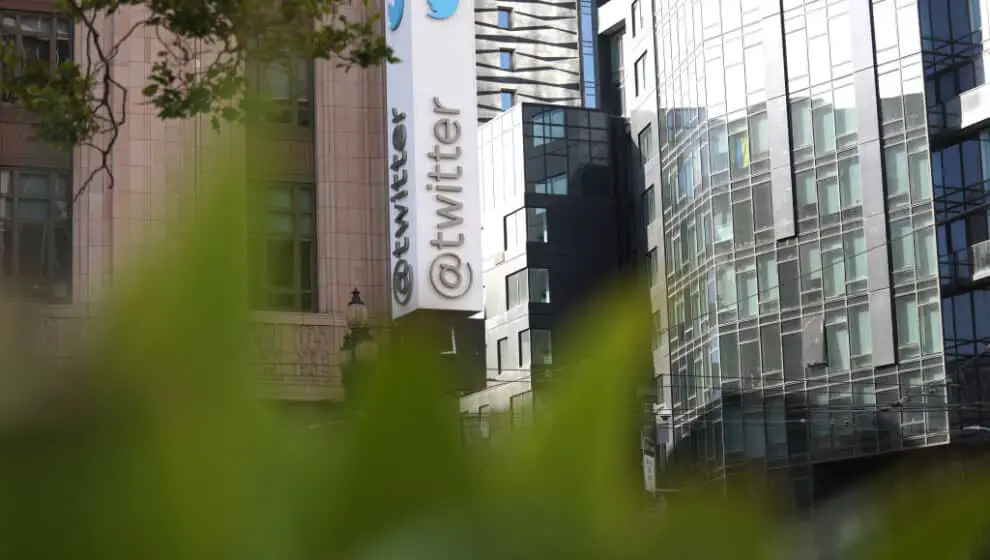A judge’s ruling in the Twitter versus Elon Musk saga helps define the case.
Key details
A judge ruled that Twitter must provide Elon Musk files on spam and bot accounts from the company’s former consumer product head.
Although Twitter is being forced to give some of the files, the company was spared from producing documents for most of the employees Musk says are key witnesses on the bots issue.
On Monday, Delaware Chancery Court Judge Kathaleen St. J. McCormick mostly denied Musk’s request in a one-page ruling, ordering that Twitter needn’t “collect, review, or produce documents” from any of the other 21 additional custodians Musk asked for. The exception is Kayvon Beykpour, former head of consumer product, who was fired in May, according to Bloomberg.
Why it’s important
Musk claimed Twitter was not being upfront about the number of spam and bot accounts on the platform. As a result, Musk abandoned the $44 billion purchase of the social media company. Twitter has since sued to force the deal to go through, and a trial date has been set for October. This news could make the deal move forward.
Beykpour was the top product executive at Twitter for years before he was dismissed by new chief executive officer Parag Agrawal. His team was mostly responsible for growing the platform’s user base.
Lawyers for both Twitter and Musk have issued numerous subpoenas to banks, investors, and attorneys involved in the deal, as the two sides prepare for the trial to take place on October 17.
Backing up a bit
In April, Elon Musk announced that he held a 9.2% stake in Twitter, which made him the social-media company’s largest shareholder. Twitter’s stock price soared 25 percent after the announcement.
Later that month, the billionaire entrepreneur offered to buy all of Twitter at $54.20 per share—equaling about $44 billion. He said he originally invested in the platform because he believes it is failing in its potential to be the leading platform for free speech around the globe. In fact, he asked his 2 million followers if Twitter adhered to principles of free speech, and 70 percent said “no.”
Last month, Musk decided to back out of the deal, claiming there were too many fake accounts on the platform. Twitter has since sued Musk in Delaware Court of Chancery to complete the deal and requested the trial to take place in September. Musk, on the other hand, wanted to delay the trial until February 2023, stating that a case of this size takes time to prepare. Twitter was granted its wish of an expedited trial, with Chancellor Kathaleen McCormick, the presiding judge, setting a five-day trial for October.
Musk then countersued Twitter, stating his reason for the termination was due to Twitter not being upfront about the number of fake accounts on the platform.
Now both parties await the trial in October.
